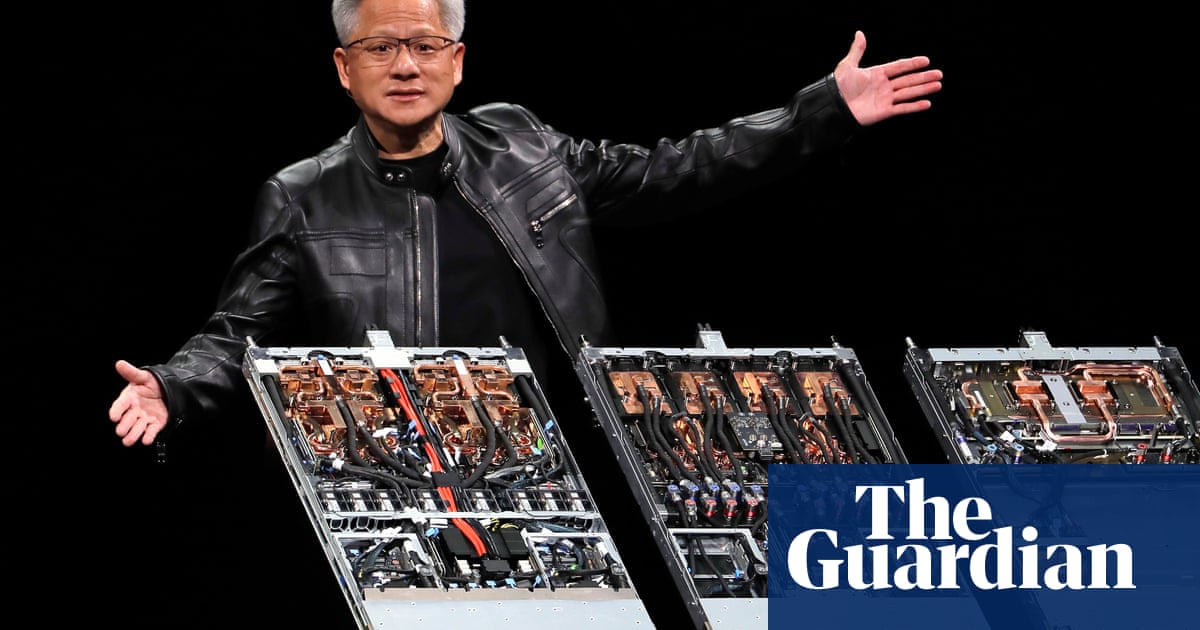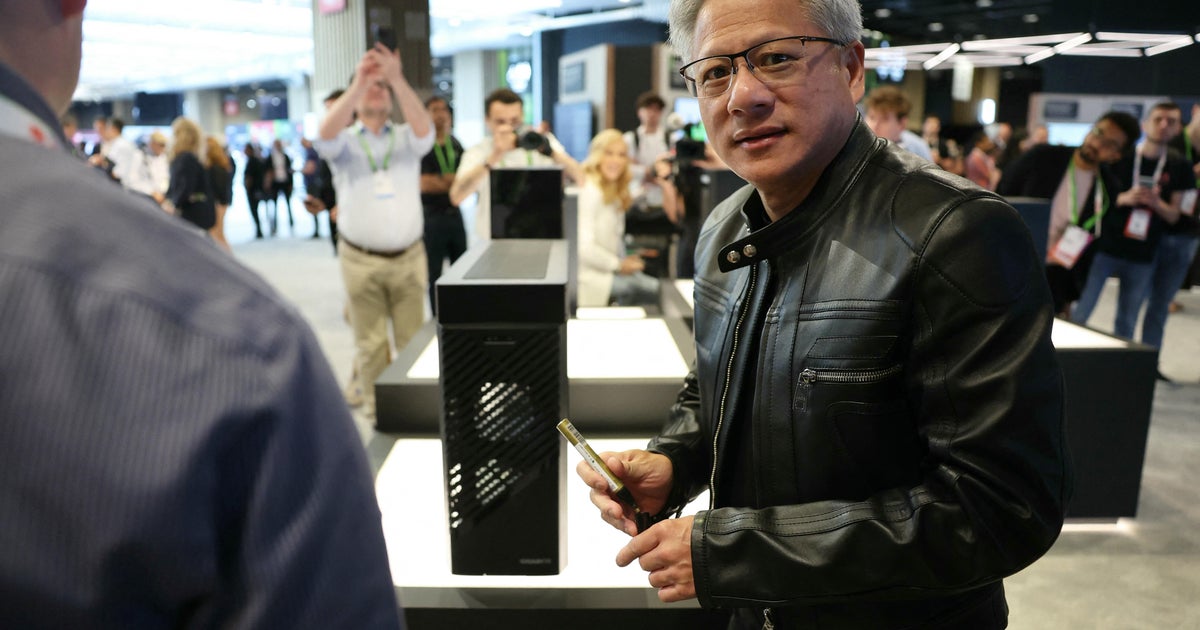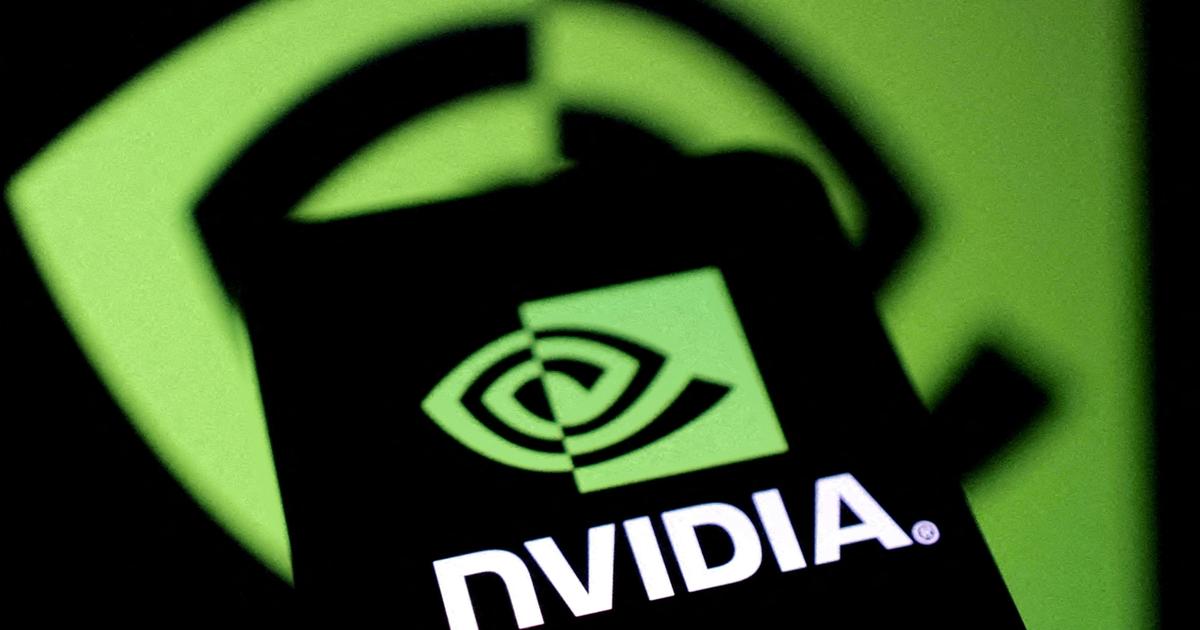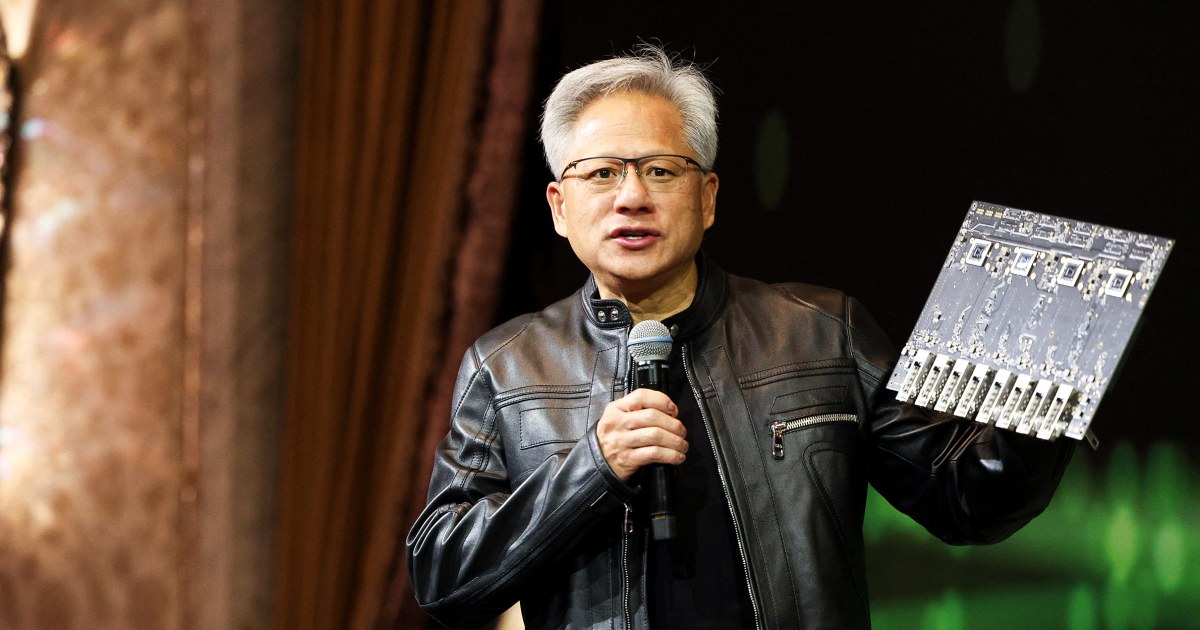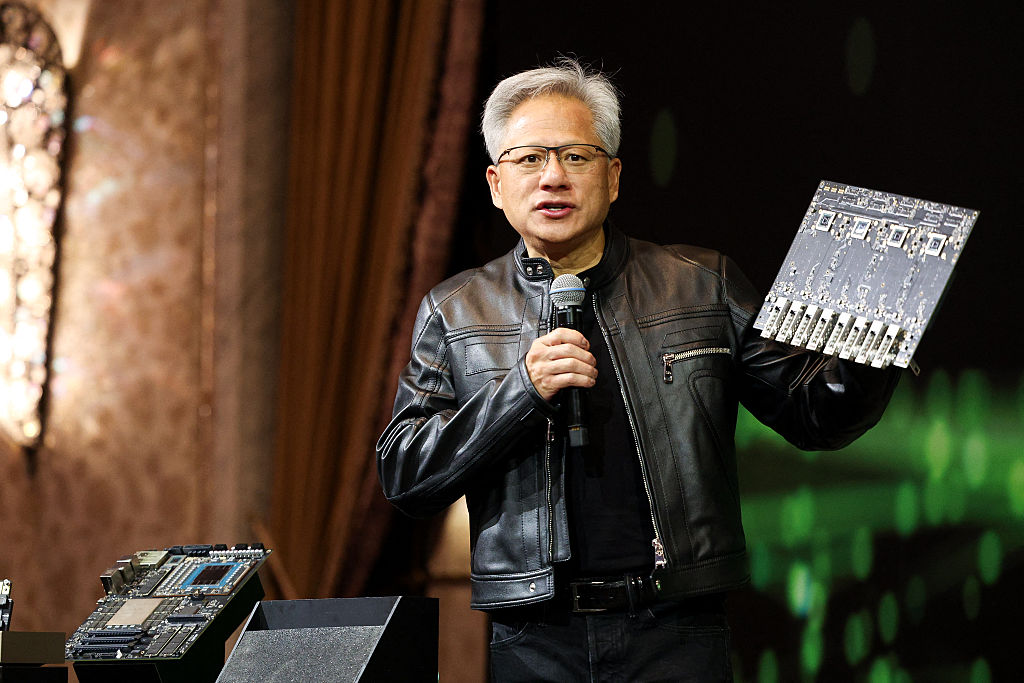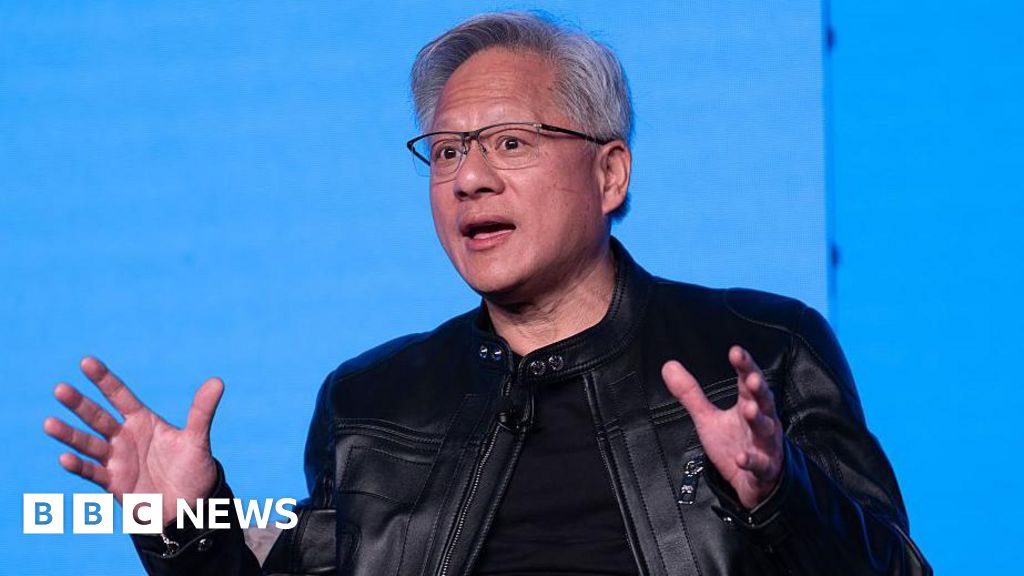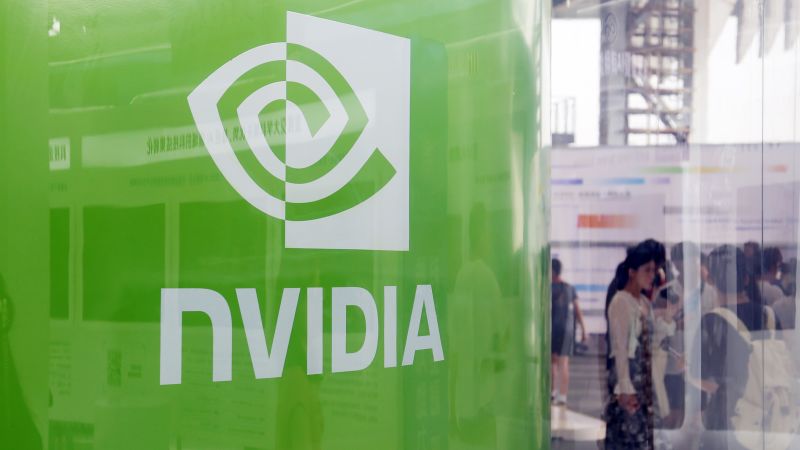Nvidia Secures US Approval to Sell H20 AI Chips in China, Surpassing $4 Trillion Valuation
Nvidia has received approval from the US government to sell its H20 AI computer chips in China, reversing previous export restrictions and marking a significant milestone for the company.
Subscribe to unlock this story
We really don't like cutting you off, but you've reached your monthly limit. At just $5/month, subscriptions are how we keep this project going. Start your free 7-day trial today!
Get StartedHave an account? Sign in
Overview
- Nvidia has gained approval from the Trump administration to sell its H20 AI computer chips in China, reversing earlier restrictions.
- The US government assured Nvidia that licenses will be granted for the sale of H20 AI chips in China soon.
- Nvidia's CEO emphasizes the importance of competing in the Chinese market, where half of the world's AI researchers are located.
- The company recently became the first to surpass a $4 trillion valuation, driven by rapid AI adoption and the new approval.
- Despite tighter export controls, Nvidia's CEO confirmed the US approval to sell H20 chips, which were developed to comply with these restrictions.
Report issue

Read both sides in 5 minutes each day
Analysis
The reporting appears neutral and objective by presenting factual information without loaded language or overt editorial bias. Sources attribute arguments and concerns to specific entities like Nvidia's CEO or the U.S. government, rather than adopting them as the article's own stance. It provides balanced context on the U.S.-China tech rivalry and industry perspectives.
Articles (12)
Center (7)
FAQ
Nvidia's H20 AI chips were initially subject to US export restrictions under the Trump administration that limited the sale of advanced AI chips to China, effectively halting access to a significant market. These restrictions were intended to curb China's access to cutting-edge AI technology but have now been reversed for the H20 chips.
China is critical for Nvidia because it hosts half of the world's AI researchers and represents a dynamic, innovative market. Access to China allows Nvidia to compete globally, serve a large user base, and significantly grow its AI chip sales and revenue.
The US export curbs on sales of Nvidia's H20 products to China caused the company to take a $4.5 billion charge in its fiscal first quarter, reflecting lost revenue and sales disruption in a key market.
Following the announcement of resumed sales of the H20 AI chip to China, Nvidia's shares surged close to 5% in premarket trading and contributed to gains among other chip companies and Nasdaq futures, reflecting strong investor confidence.
Nvidia developed the H20 AI chips to meet prior US export limits for the Chinese market by producing slightly less powerful versions tailored to comply with restrictions. The company has worked with the US government to secure licenses and ensure compliance before resuming sales.
History
- This story does not have any previous versions.
